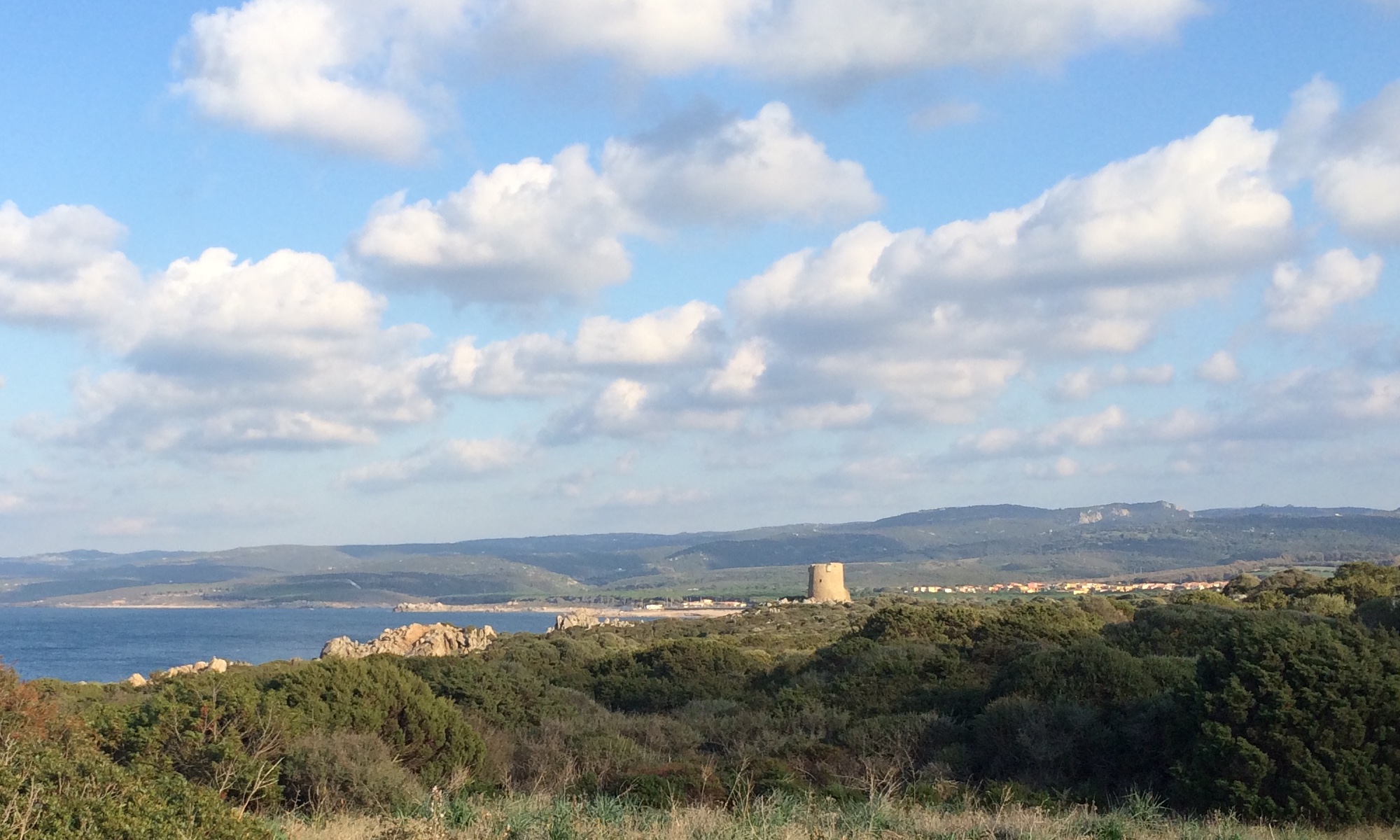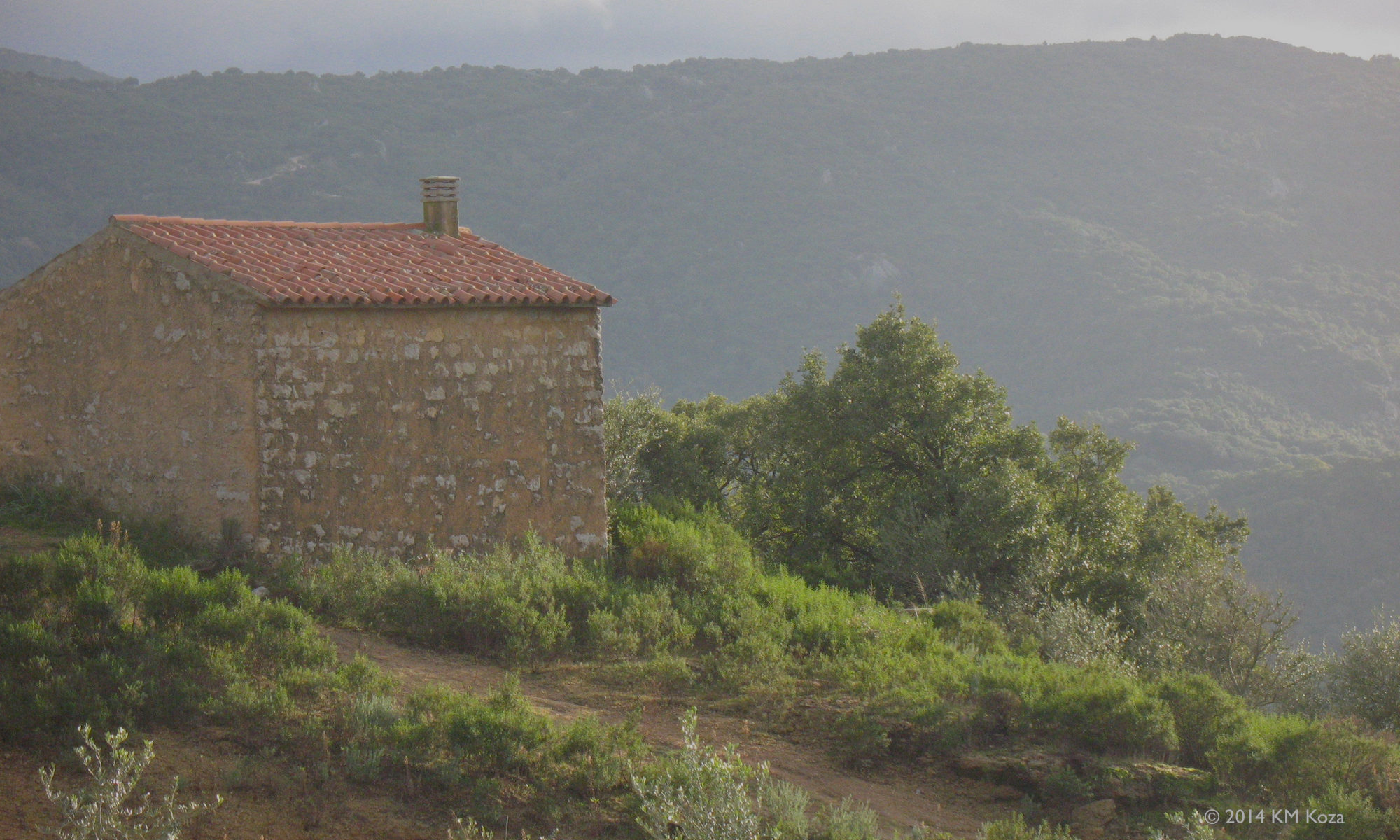The island of Sardinia boasts several distinct languages with diverse heritages. While Italian is now taught in schools across Sardinia and understood by those of baby-boomer age and younger, many older Sardinians, especially in towns away from the coast, may only know one of the languages historically spoken on the island.
Sarde, the primary language of Sardinia, has two or three primary dialects. Campidanese is spoken across the central-southern and southern areas, while Logudorese and its variation Nuorese are spoken in the central-north area. A Romance language descended from Latin, Sarde is considered the modern language most similar to its renowned ancestor.
The very northern part of Sardinia boasts other languages: Gallurese in the Northeast, Sassarese in the Northwest, and Catalano in the area around Alghero. Gallurese and Sassarese stem from a historic connection the northern area had with Corsica and Tuscany, and sound very different from Sarde. Catalano remains from the Spanish influence on the island.
While Latin, Corsican, and Spanish roots in the various Sardinian languages are visible, there are also diverse connections with languages and cultures across Europe, Northern Africa, and beyond. And, as with any language and dialect, each sub-region and even town often has its own noticeable change in pronunciation or vocabulary of the local language.
To ease confusion in governmental documents, road signs, and other official uses, an experimental standardized written form of Sarde, Limba Sarda Comuna (LSC) was instituted in 2006. This is a loose standard, allowing local standards for spelling and ongoing adjustment, and also paves the way to preserve the language.
Sarde is generally no longer taught in schools, yet there are initiatives to bring the the language back into the curriculum with the LSC as the basis. The movement to teach and preserve Sarde is supported by authors, publishing houses, and much of the population, including a growing number of the younger generation. In addition, language scholars from outside Sardinia recognize the significance of Sarde and, to a lesser degree, the island’s other languages.
While many Sardinian youngsters learn Sarde at home, easily switching between Italian and their local language in everyday conversation, the Sardinian languages are not esteemed on continental Italy. Most Italians, especially those from Milano and the north, look down upon the Sardinian languages and even the accent Sardinians tend to have when speaking Italian. On mainland Italy, Sardinians often encounter a prejudice similar to one Southerners face when talking with New Yorkers in the United States.
As a language geek who loves Latin (although I have forgotten nearly all I learned in high school), I personally love the sound of Sarde, and understand bits of it it. Gallurese is completely different, and I can’t follow anything!
See the examples below for a comparison of the Logudorese and Campidanese dialects of Sarde, Latin, Italian, and English.
For more general information on Sardinian Languages, see this article on Wikipedia.
Comparing Languages — Examples
Sarde (Lugudorese)
Babbu nostru chi ses in chelu
siat santificadu su nomene tou
benzat su renu tou
sia fata sa voluntade tua
comente in chelu gai in terra.
Su pane nostru de dogna die donanos
e perdonoa sos peccados nostros
comente nosateros perdonamos a sos depidores nostros
e nos non eses ruere in sa tentazione
ma libera nos dae male.
Sarde (Campidanese)
Babbu nostu chi ses in celu,
Santificau siat su nomini tuu.
Bengiat a nosus su regnu tuu,
Siat fatta sa boluntadi tua,
comenti in celu aici in terra.
Donasi oi su pani nostu de dogna dii,
Et perdonasi is peccaus nostus,
Comenti nosus perdonaus a is depidoris nostus.
Et no si lessis arrui in tentatzioni,
Et liberasi de mali.
Latin
Pater noster, qui es in cælis:
sanctificétur Nomen Tuum:
advéniat Regnum Tuum:
fiat volúntas Tua,
sicut in cælo, et in terra.
Panem nostrum cotidiánum da nobis hódie,
et dimítte nobis débita nostra,
sicut et nos dimíttimus debitóribus nostris.
et ne nos indúcas in tentatiónem;
sed líbera nos a Malo.
Italiano
Padre nostro, che sei nei cieli,
sia santificato il tuo nome,
venga il tuo regno,
sia fatta la tua volontà,
come in cielo così in terra.
Dacci oggi il nostro pane quotidiano,
e rimetti a noi i nostri debiti
come anche noi li rimettiamo ai nostri debitori,
e non abbandonarci alla tentazione,
ma liberaci dal male.
English
Our Father which art in heaven,
Hallowed be thy name.
Thy kingdom come,
Thy will be done in earth,
as it is in heaven.
Give us this day our daily bread.
And forgive us our debts,
as we forgive our debtors.
And lead us not into temptation,
but deliver us from evil.
###

